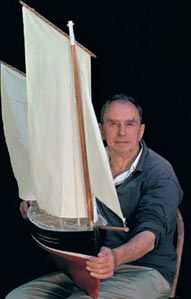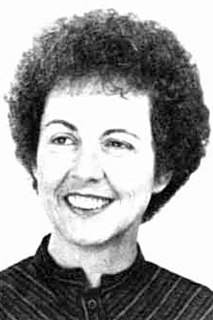A Quote by Robert Bly
I felt a longing to compose a radical or root poem that would speak to what has its back turned to me.
Related Quotes
The subject of the poem usually dictates the rhythm or the rhyme and its form. Sometimes, when you finish the poem and you think the poem is finished, the poem says, "You're not finished with me yet," and you have to go back and revise, and you may have another poem altogether. It has its own life to live.
Whenever I read a poem that moves me, I know I'm not alone in the world. I feel a connection to the person who wrote it, knowing that he or she has gone through something similar to what I've experienced, or felt something like what I have felt. And their poem gives me hope and courage, because I know that they survived, that their life force was strong enough to turn experience into words and shape it into meaning and then bring it toward me to share.
I do wish, when I was younger, that I knew that I was gay. It would have made things a lot clearer for me. Really. Looking back on it, it was so obvious, but it never really dawned on me. Socially, I felt like I didn't know how to be and who to be. If I had known back then, it would have given me more self-confidence.






































